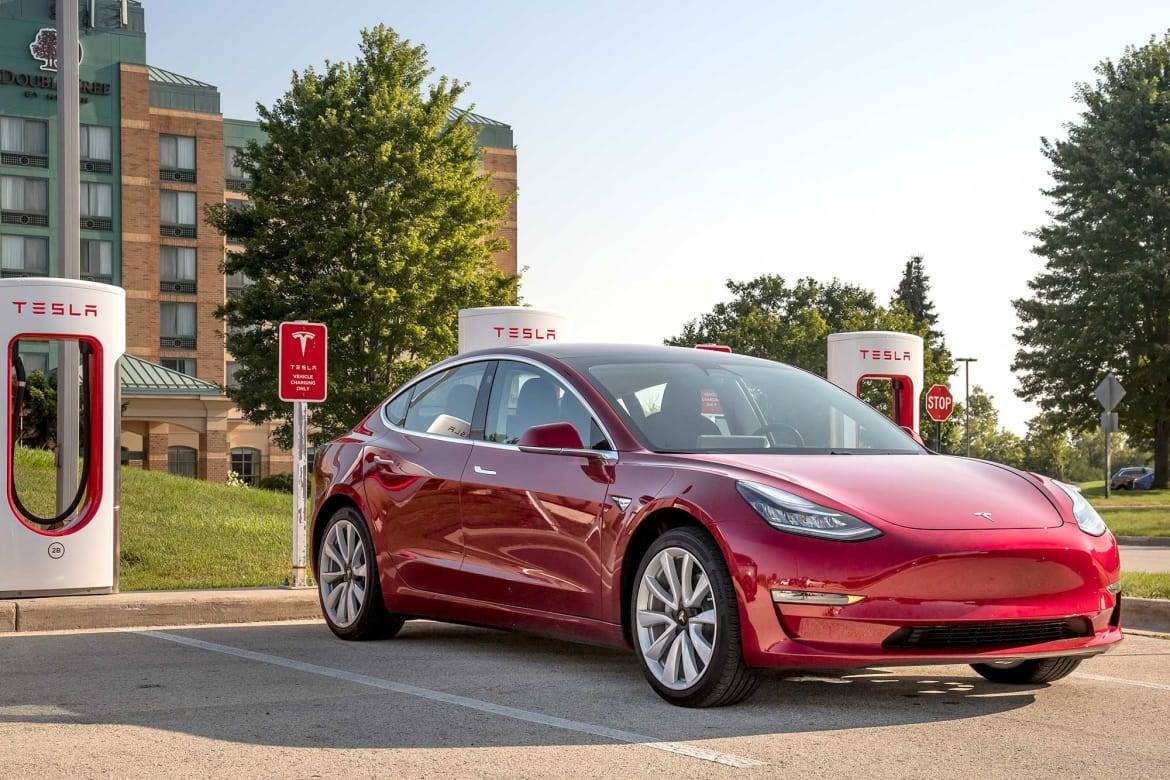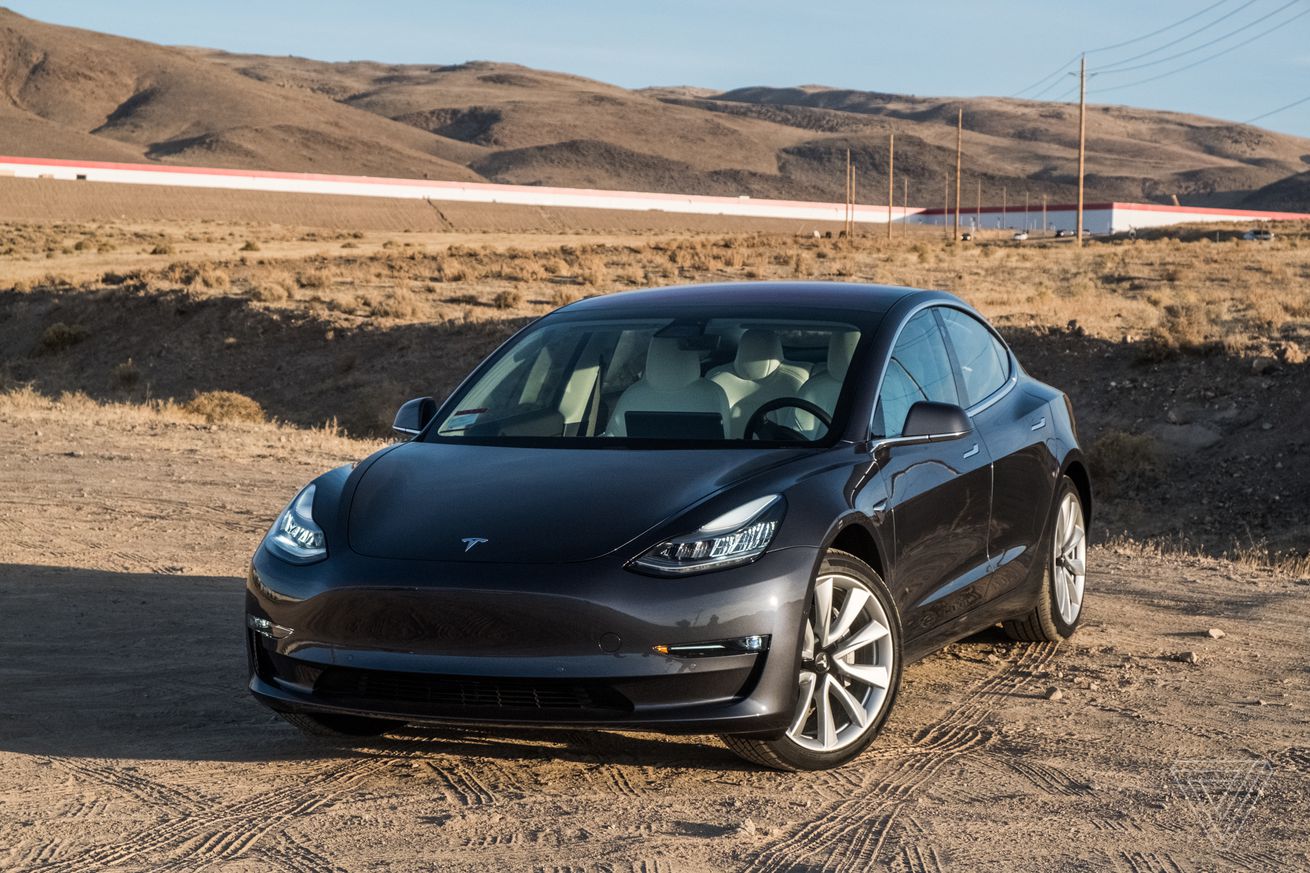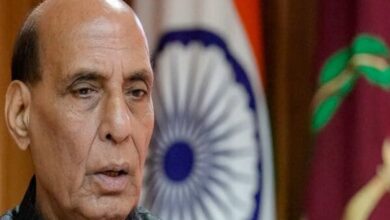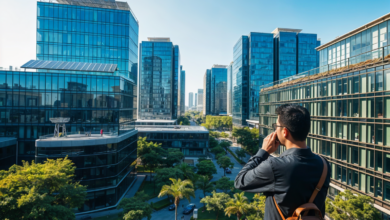Finance Ministry Denies Duty Waivers for Tesla, Investment Talks with India Persist

Finance Ministry Denies Duty Waivers for Tesla, Investment Talks with India Persist
According to Revenue Secretary Sanjay Malhotra, India’s finance ministry has confirmed that it is not currently considering any duty waivers for Tesla. This statement comes in response to recent claims made by Tesla CEO Elon Musk, who stated that Indian Prime Minister Narendra Modi was encouraging the company to make a significant investment in the country.
Malhotra clarified that the Department of Revenue is not actively considering any duty waivers at this time. This indicates that the government is not currently planning to grant special exemptions or incentives in terms of import duties or taxes.

While Elon Musk’s comments may have created anticipation about potential incentives for Tesla’s operations in India, the finance ministry’s confirmation suggests that there are no immediate plans for such measures. However, it’s important to note that government policies and decisions can evolve, and the situation may change in the future based on various factors.
For now, Tesla’s entry and operations in India will likely be subject to existing regulations and policies without any specific duty waivers or concessions in place.
In the past, there were discussions between Tesla and the Indian government regarding the potential for seeking customs duty waivers for importing the company’s electric vehicles. However, it was reported that India had previously declined such requests.
The recent statement from the Department of Revenue indicates that there are no ongoing considerations for duty waivers at this time. This suggests that the current stance of the Indian government is not inclined towards granting special exemptions or incentives in terms of import duties for Tesla’s electric vehicles.

As with any government decision, policies and positions can evolve based on various factors, and it is possible that discussions on duty waivers or other incentives could be revisited in the future. However, at present, the Department of Revenue has clarified that there are no active considerations for duty waivers for Tesla.
According to reports from the Times of India, Tesla is reportedly engaged in discussions with the Indian government regarding an investment proposal to establish a factory in India. The proposed factory would have an annual capacity to produce around 500,000 electric vehicles. Government sources have indicated that talks are underway, suggesting that there is an ongoing dialogue between the company and Indian officials regarding the potential investment.
Furthermore, the reports suggest that the company is also exploring the possibility of using India as an export hub to ship vehicles to countries in the Indo-Pacific region. This indicates that it sees potential value in leveraging India’s strategic location to expand its market reach beyond the domestic market.

While these reports indicate ongoing discussions between Tesla and the Indian government, it’s important to note that specific details and formal agreements have not been disclosed at this stage. The outcome of these discussions and the ultimate decision regarding the establishment of a factory in India will depend on various factors, including business considerations, policy frameworks, and potential incentives.
It remains to be seen how these discussions will progress and whether they will lead to concrete plans for Tesla’s investment in manufacturing facilities in India.
Tesla’s entry into the Indian market has faced challenges in the past due to the country’s high import taxes on electric vehicles. India imposes import taxes of up to 100 percent on such vehicles, which has been a deterrent for Tesla’s plans to import its cars into the country.
While the Indian government has expressed interest in having Tesla manufacture vehicles locally, the company has indicated its preference to initially export cars to India to assess the demand and market potential. This approach would allow it to gauge the reception of its vehicles in the Indian market before committing to local manufacturing.

Lowering import taxes or providing other incentives for electric vehicles is a potential avenue that could encourage investment in local manufacturing facilities in the future. However, as of now, the import tax rates remain a significant factor influencing Tesla’s approach to entering the Indian market.
The outcome will depend on various factors, including government policies, market demand, and Tesla’s assessment of the business viability and potential for growth in the Indian market.




